Meet the under-25s who love bridging loans
By Hannah Duncan

Writing this article has been a journey. I naively began thinking 20-something borrowers want to purchase a home. A first-time flat maybe. Or something in the country.
I pictured young couples in wide-legged jeans nervously buying some beaten-up old cottage at auction. Call me a dreamer, but I imagined them painstakingly restoring the property and making it their forever home.
Decades later, they’d say to their wide-eyed grandchildren, “When we bought it, it was a dump!”.
Let’s just say I got that wrong.
“I was 19 when I found out about bridging loans”
Picking up the phone to 24-year-old Yan-Kelvin Monney, I quickly dropped the flowery tone, sat up straighter and talked business.
Monney is a trainee solicitor with a bursting property portfolio. He’s a strategic investor. And no. Monney has zero plans of living in a country cottage.
“I was about 19 when I found out about bridging loans”, he begins. This already blows my mind. When I was 19, my biggest concern was that my purple hair had turned a concerning shade of neon orange.
Monney graduated with a law degree in 2020, and rigorously studied the process of acquiring property.
He quickly realised that an initial downpayment was essential. “I got a job, to get a mortgage”, Monney laughs. “I was able to save £50,000 in a year”.
“After that, it was really just about researching for property. You have to go where the money takes you.
I spent a lot of time looking up north”, he explains. By the age of just 22, Monney purchased his first investment, a terrace house in Liverpool for £80,000.
Using a bridging loan, he put down £20,000 and spent between £30,000 and £40,000 on renovations.
Two years on, and Monney continues to soak up bridging loans and invest in properties, alongside other side hustles and a full-time legal training.
He’s already self-made and relatively minted. What’s more, 2,531 subscribers follow his journey on TikTok.
As I dug deeper into the world of Gen-Z bridging borrowers, I found social media is a hugely important part of the process. It’s where property investors share experiences, insights and hot tips with each other.
Tiba Raja, Executive Director at Market Financial Solutions knows this well. “Social media is the go-to source of news and information for lots of people – and certainly not just younger people.
This includes financial products just as much as it does social trends and current affairs”, she explains.
Recent research from Forbes Advisor revealed nearly 80% of young adults head online for financial information.
“Using bridging loans was quite imperative to our strategy”
Leon Kennedy is another young investor who enjoys using bridging loans to purchase property.
At 22 years old, he’s already on his third. When I called Kennedy he was out viewing another property to add to his busy portfolio! “I’ve just put an offer on one.
A house in Dartford, which is really good!”, he shares. “That one again is not mortgageable, so it will probably be bridging finance as well”.
Kennedy’s last loan was with MS Lending Group. I reached out to discover what it was like to work with a younger investor.
“When someone is new to the market, we understand it often needs a more hands-on approach as the first bridge particularly can involve some unknowns, as well as an education piece on what we do and why we need certain criteria”, explained MS Lending Group’s Marketing Lead, Alexandra Stratton. “It’s very much a partnership!”.
Like Monney, Kennedy uses social media to source deals and expand his connections.
Although he has a strong TikTok presence, Kennedy tends to opt for Facebook. “I’m part of loads of different deal and selling property groups”, he explains.
Kennedy secured his latest loan with the support of a broker who he met through a serviced apartment group on Facebook.
Both Kennedy and Monney are part of a wider trend of young property investors. 2022 research from Pulse found that a staggering 40% of 18-to-35-year-olds in the UK are looking to buy a home soon, to generate passive income. More than three times the rest of the population. Under-27s are especially hungry for real estate investment.
68% of Gen-Zs view home ownership as a way to build wealth, compared to just 60% Millennials. And 87% want to own property, compared to 63% Millennials.
Economists speculate this is because Millennials came of age during the Great Recession, and saw the housing sector crumble.
By contrast, Gen-Zs – who were born between 1997 and 2012 – mostly grew up around a strong housing market, but with disrupted and expensive education… so they may look for non-traditional income sources.
“There’s no doubt the demand for bridging loans from this demographic is growing”, reveals CEO of Hope Capital, Jonathan Sealey.
“For those looking to embark on a new investment opportunity, the allure of a bridging loan providing short-term flexibility, is key for allowing Gen-Z individuals to spread the cost of a loan over a short period of time”.
“I’ve definitely noticed that more young people are trying to start out in this”, agrees Kennedy.
The majority seem to use the tried-and-tested method of buying property with a bridging loan, renovating, getting a mortgage and then renting.
“Using bridging loans is quite imperative to our strategy”, Monney emphasizes. Bridging is the first step in the chain.
“When times get tough, people have to think creatively”
Neither Kennedy nor Monney live in any of the homes they’ve invested in. I’m eager to find out why.
“There used to be this immense pressure to move out, and get your own place, rent a place or buy a place, get on the property ladder”, explains Kennedy.
“Actually, I think that’s kind of a farce, it’s not putting money in your pocket by owning the place where you live. It’s kind of doing the opposite”. Kennedy explains to me about how some of his friends recently got burned with the mortgages.
After years of saving, they were just six months away from reaching their deposit when the interest rates went feral. “When times get tough, people have to think creatively and think about alternative strategies, which is what I’ve done”, he explains.
I can’t help but admire these brave young investors. There’s a part of me that questions whether owning multiple rentals contributes to the affordable housing crisis. But then, I remember that these are under-25s who just want to get by.
They are not private equity companies squeezing profit out of retirement homes. They want to play the system before it plays them.
I asked Kennedy for any final words, and he didn’t disappoint.
“Lots of people say that you must have loads of knowledge and experience, but the truth is that I don’t. I really don’t. You just have to do loads of research”, he laughs. “We all have to start somewhere”.

Hannah Duncan is a freelance writer with a passion for finance, sustainable investing and fintech. She loves writing engaging content for industry magazines and investment services, as well as keeping a personal blog at www.hdinvestmentcontent.com


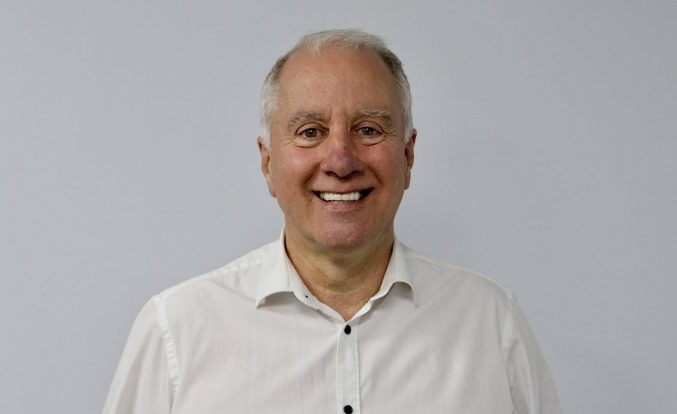
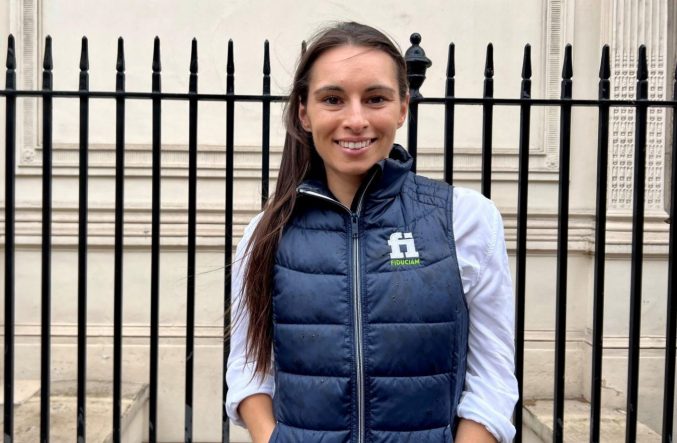
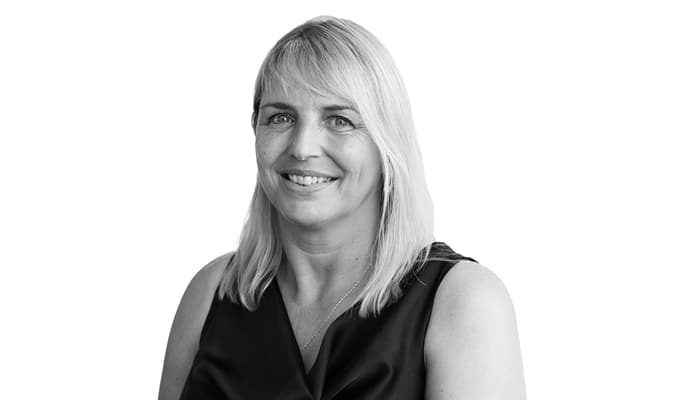

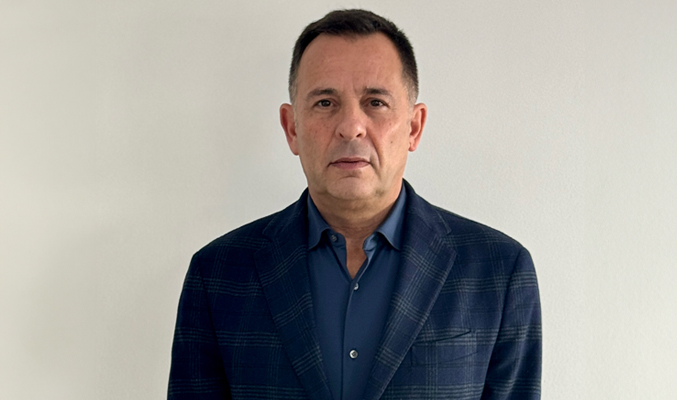

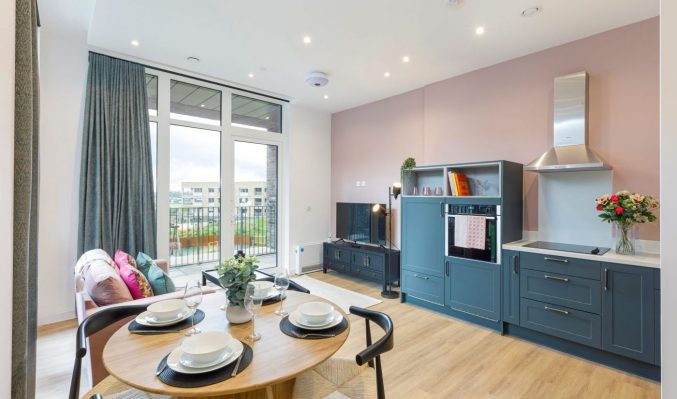

You must be logged in to post a comment.